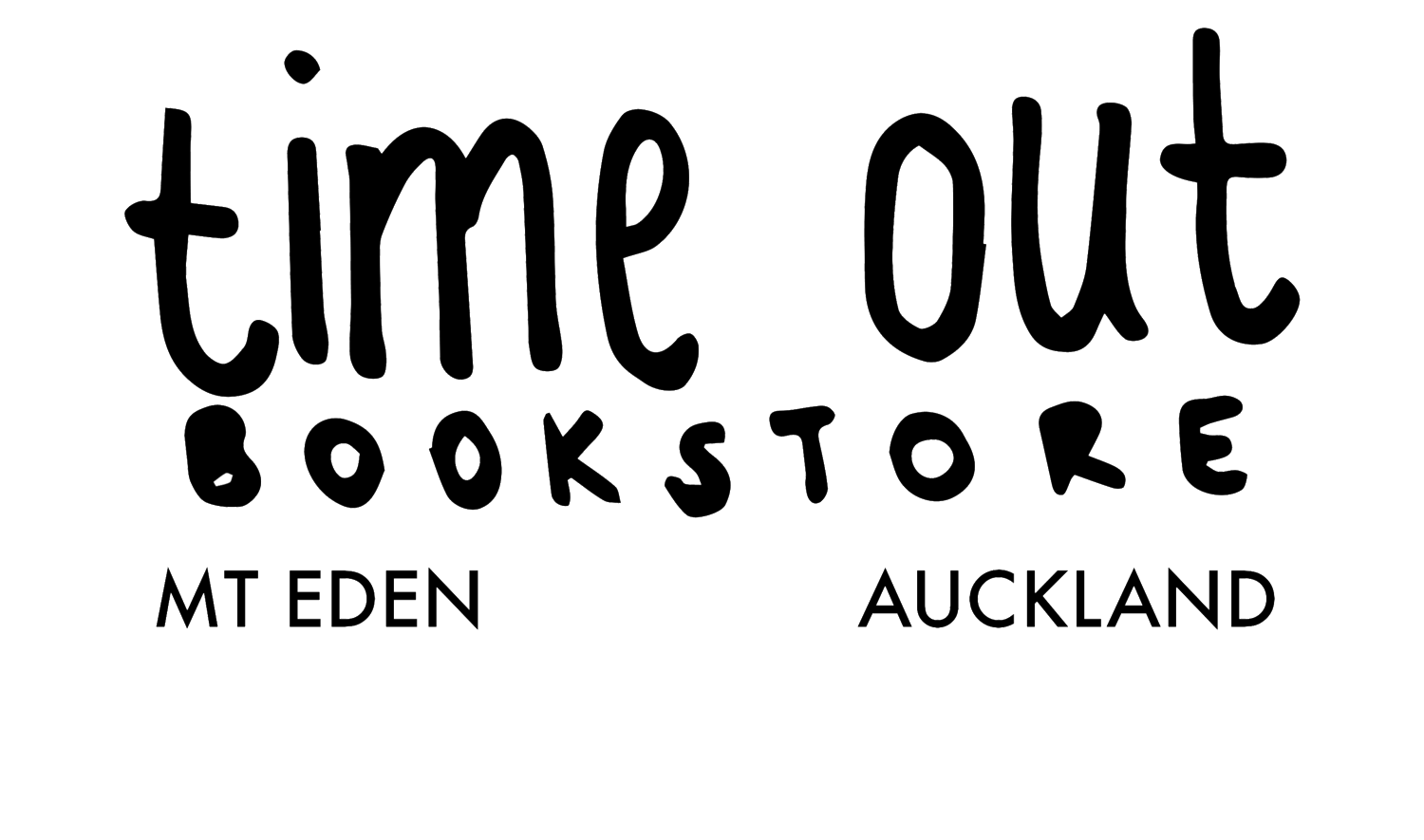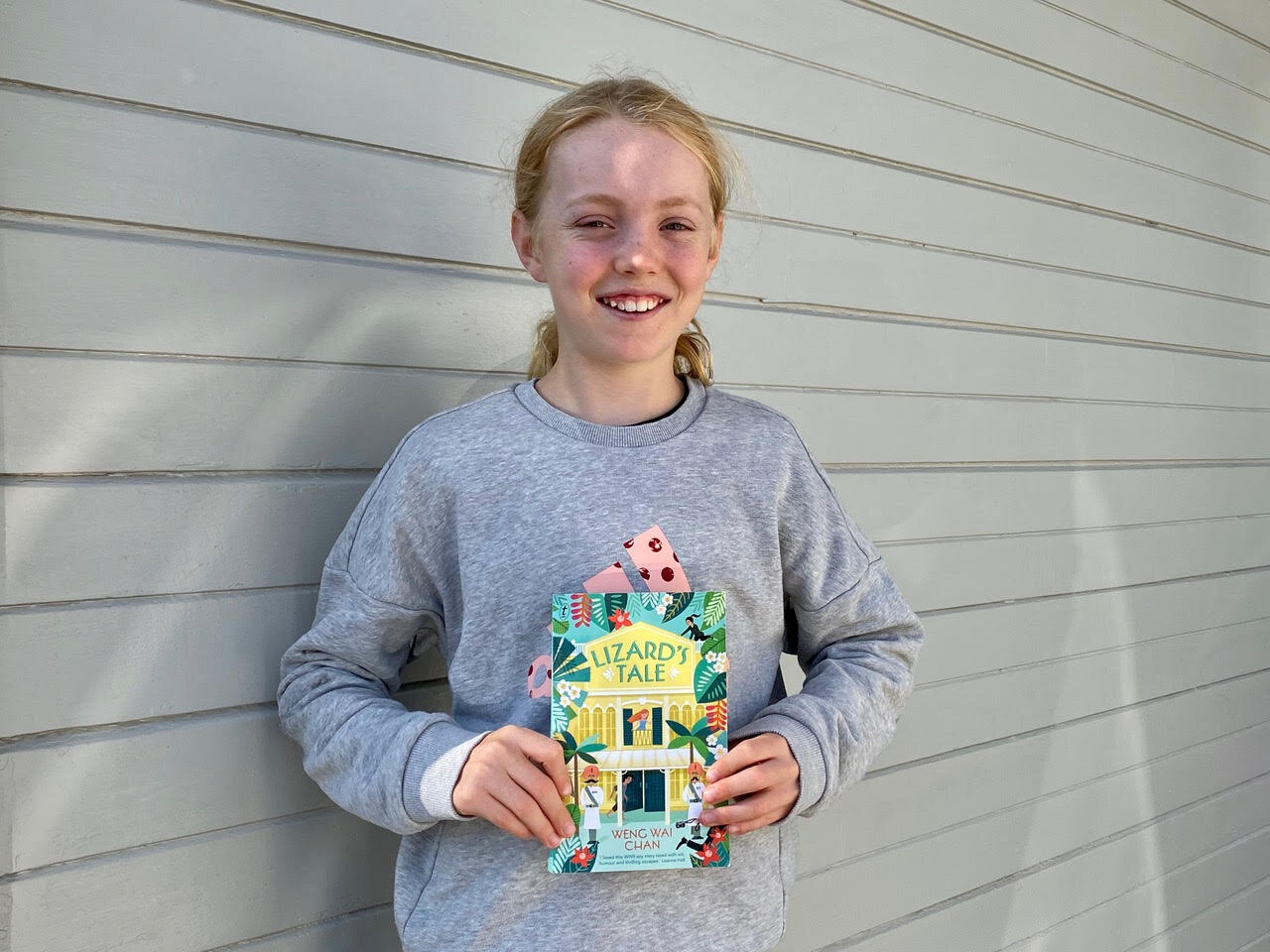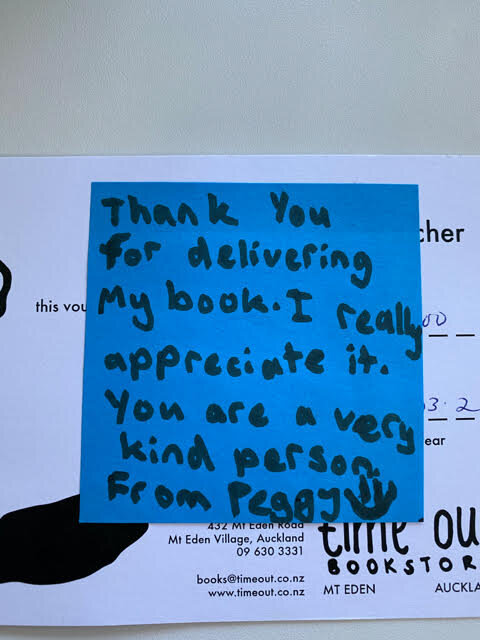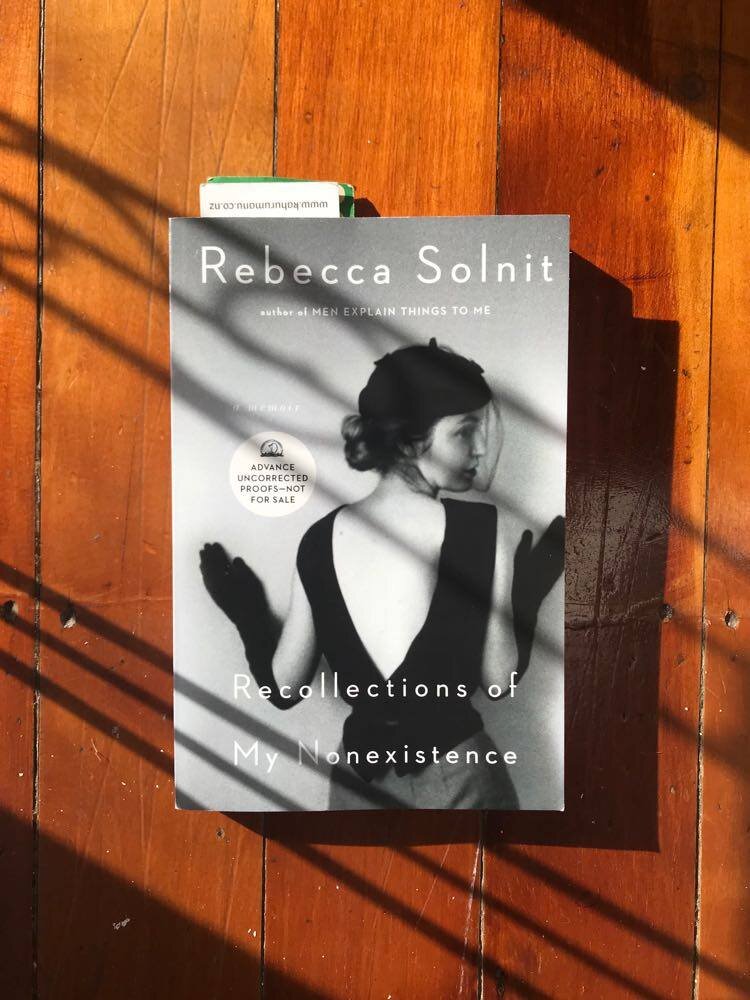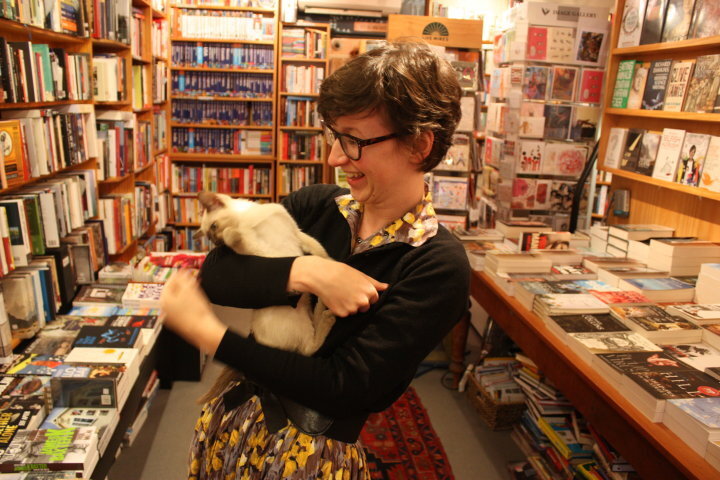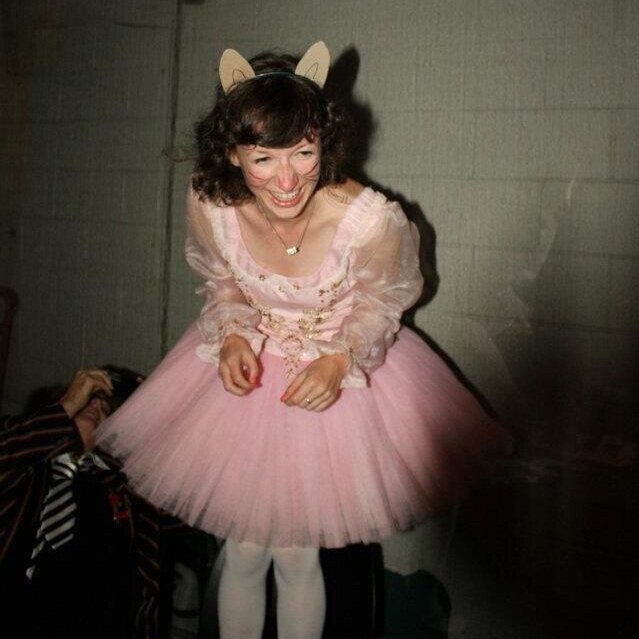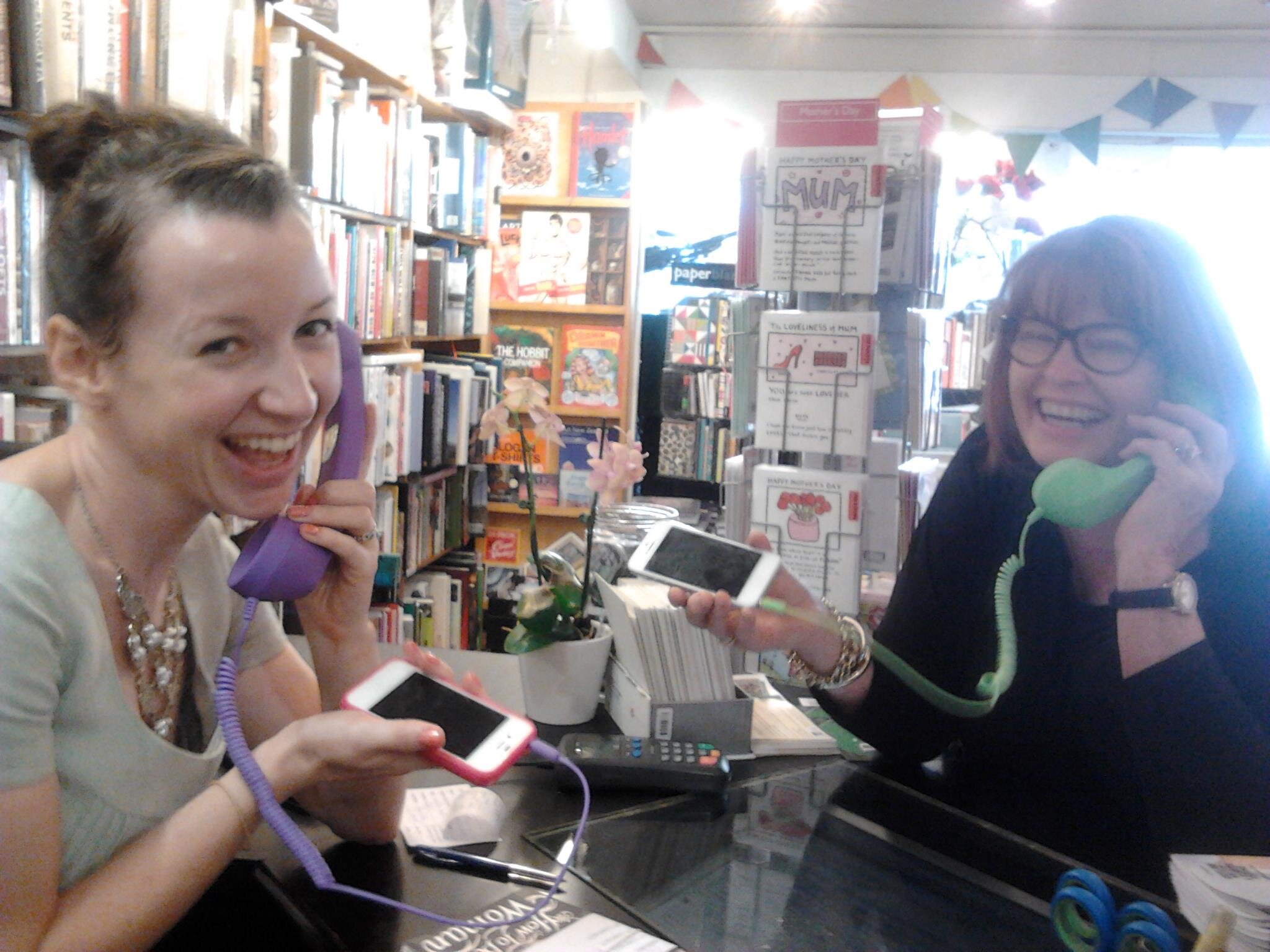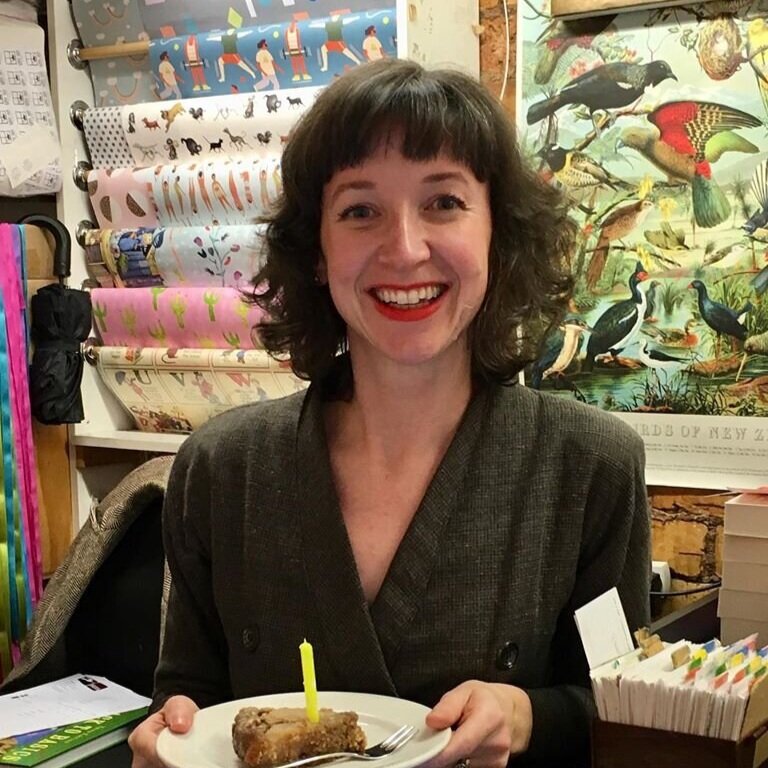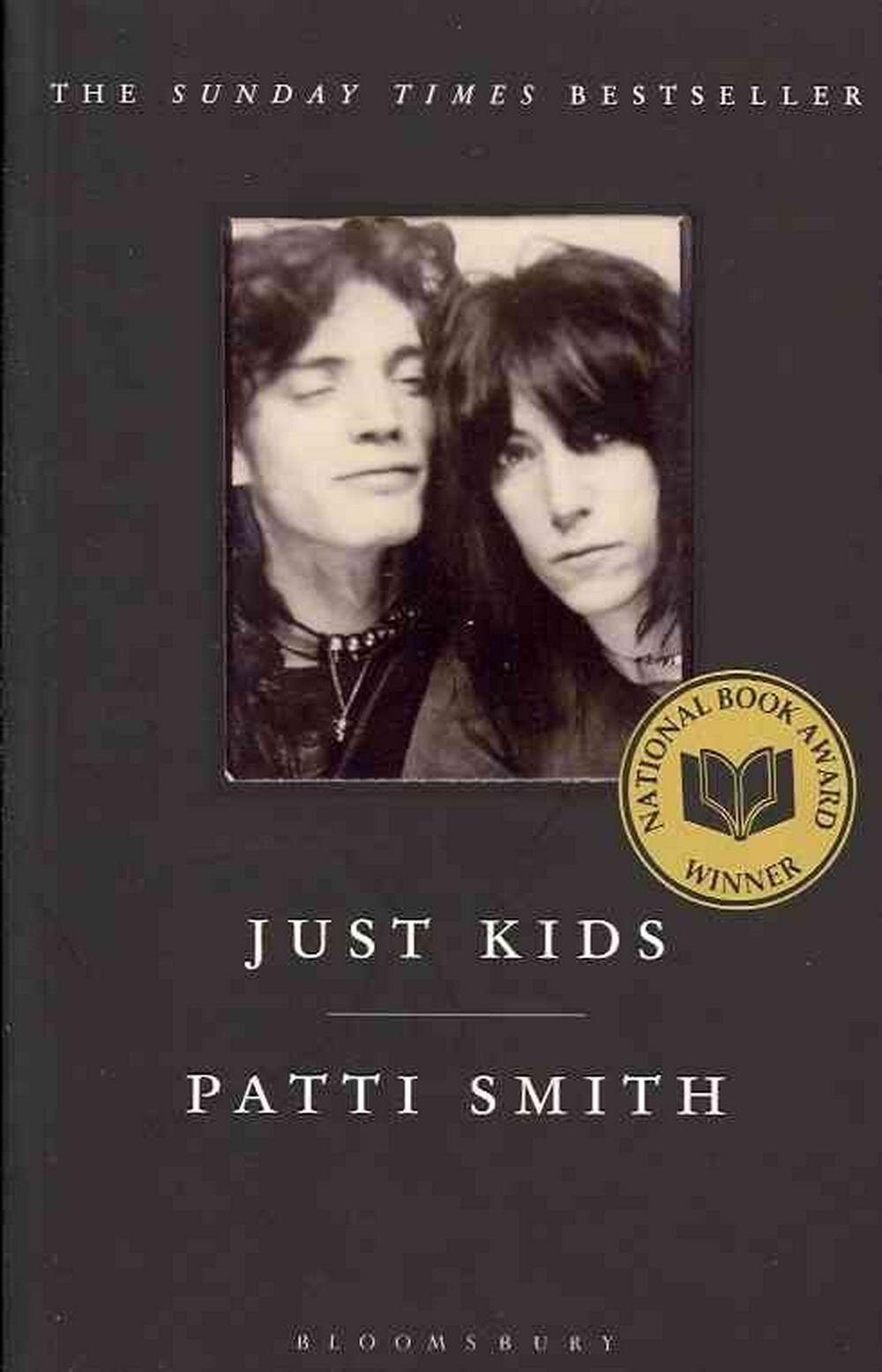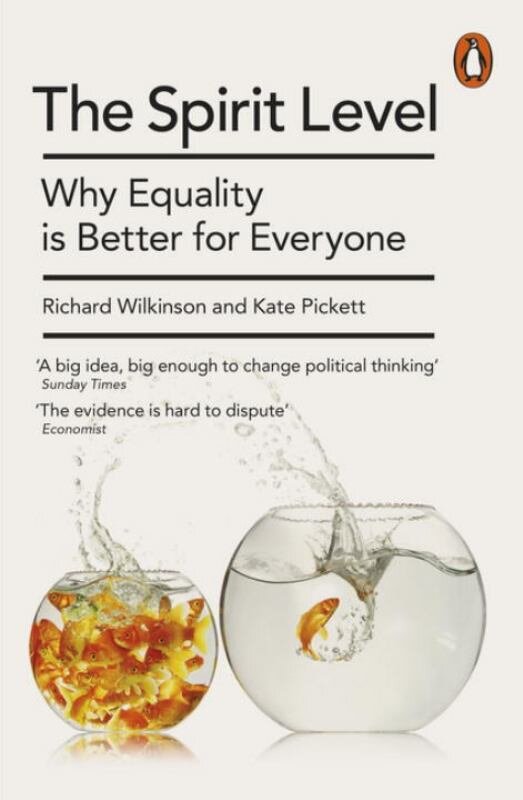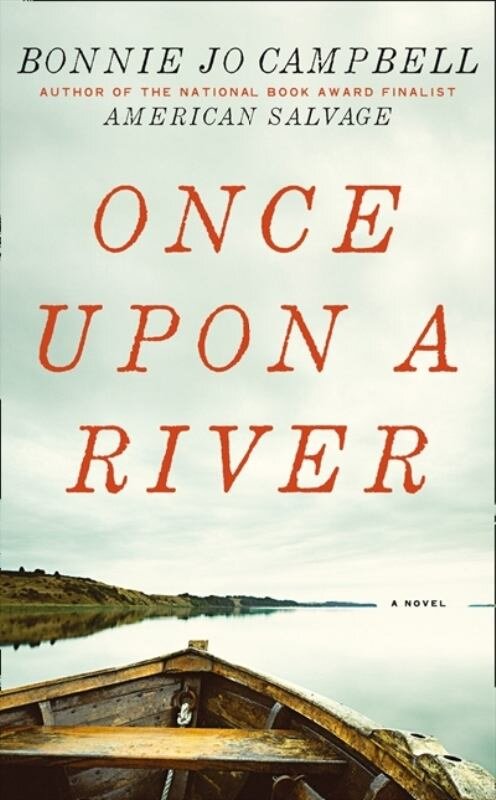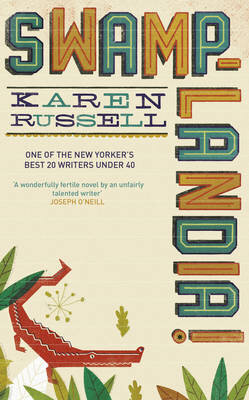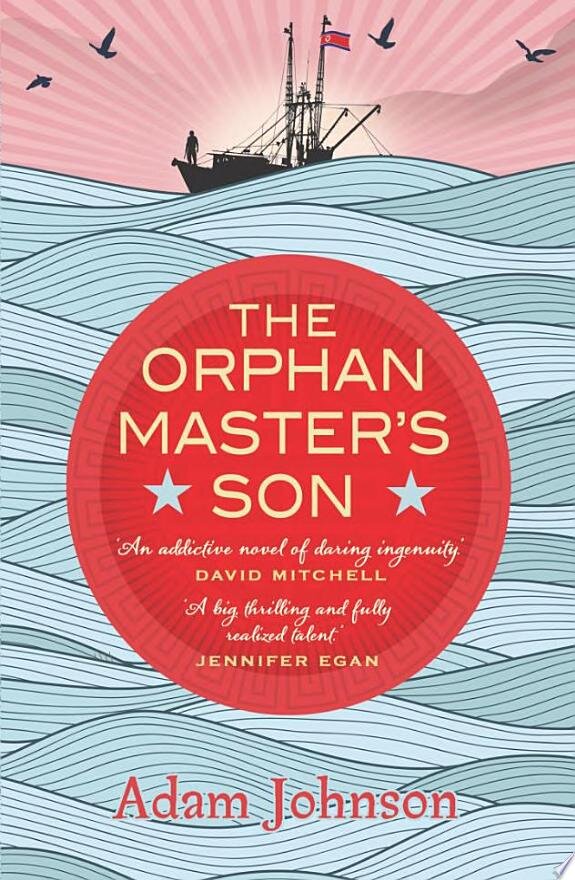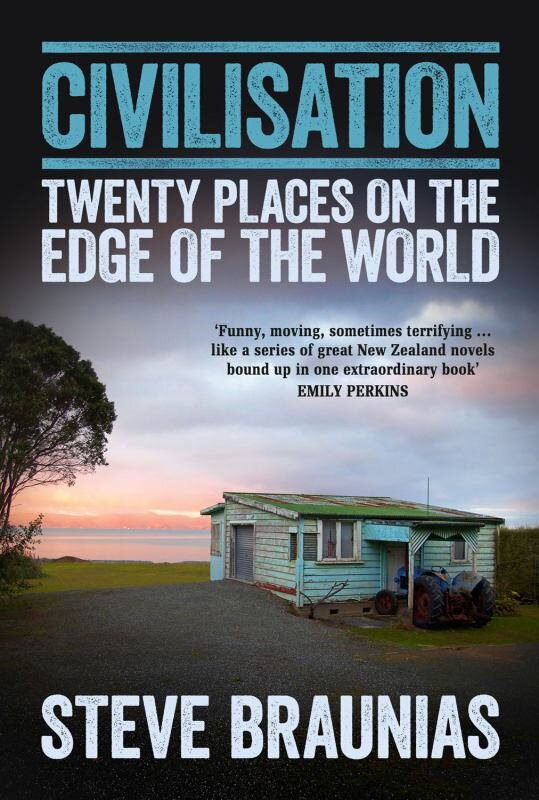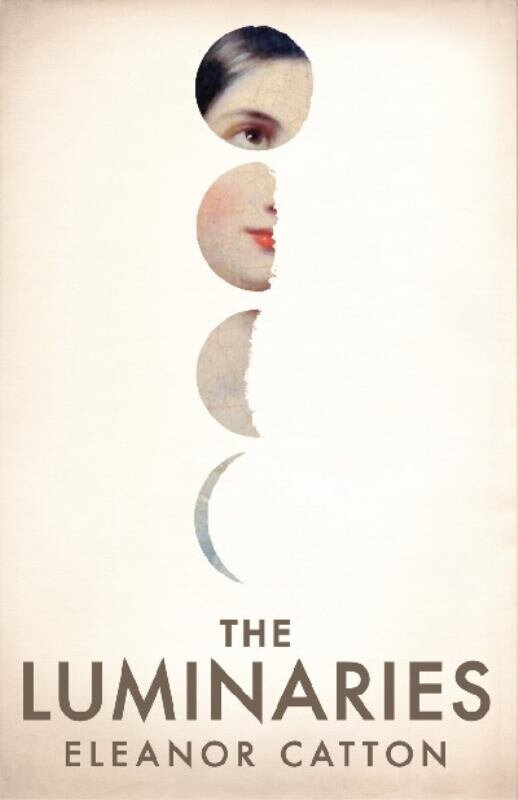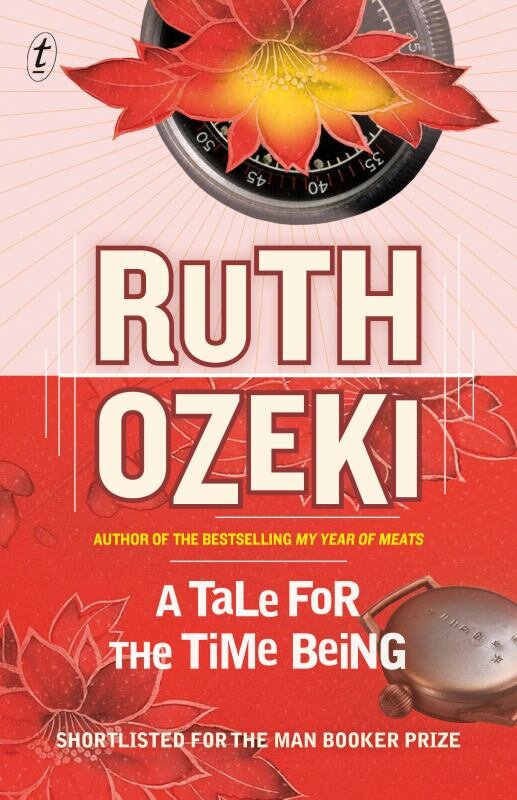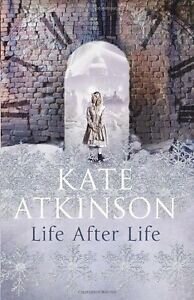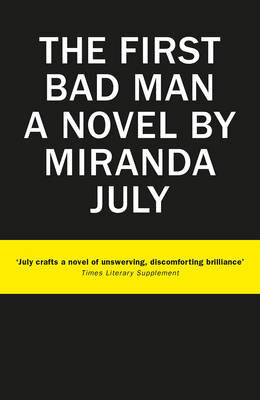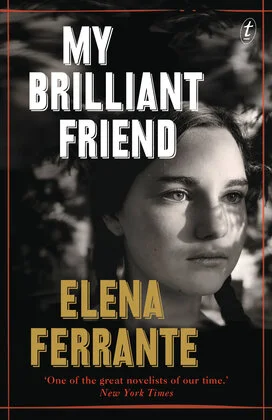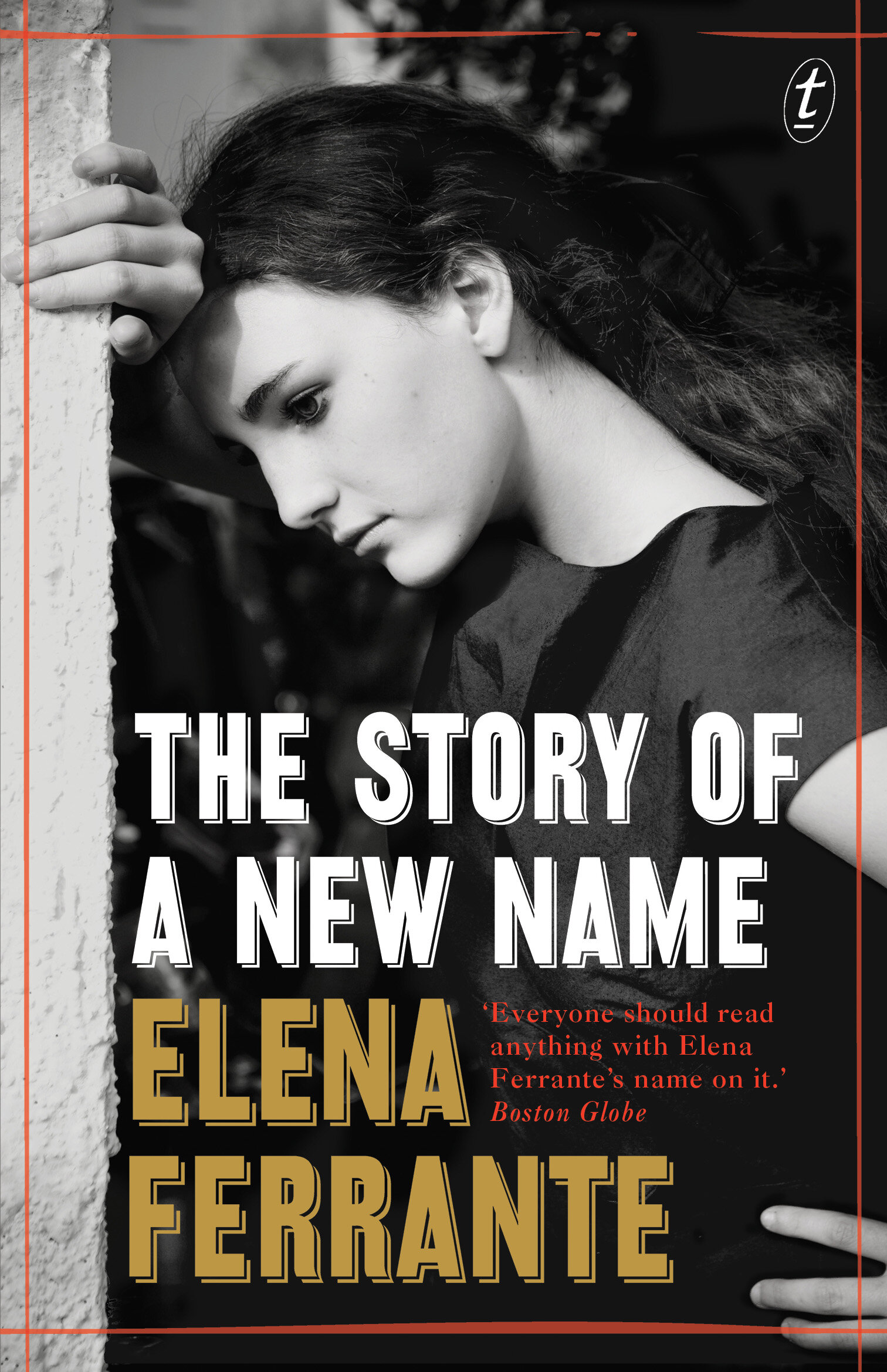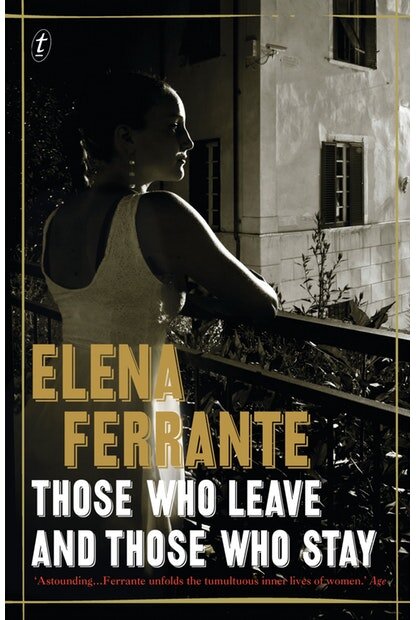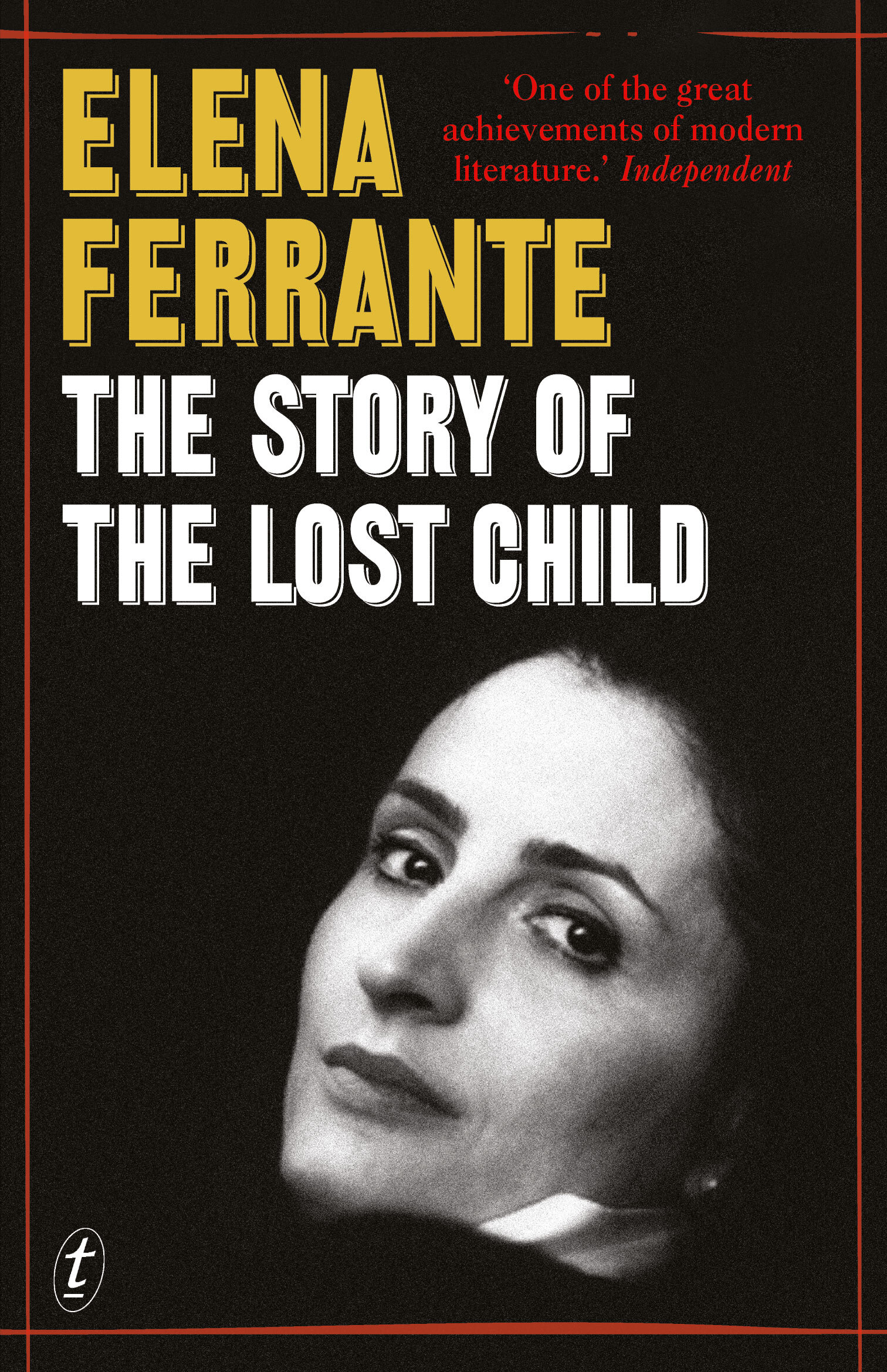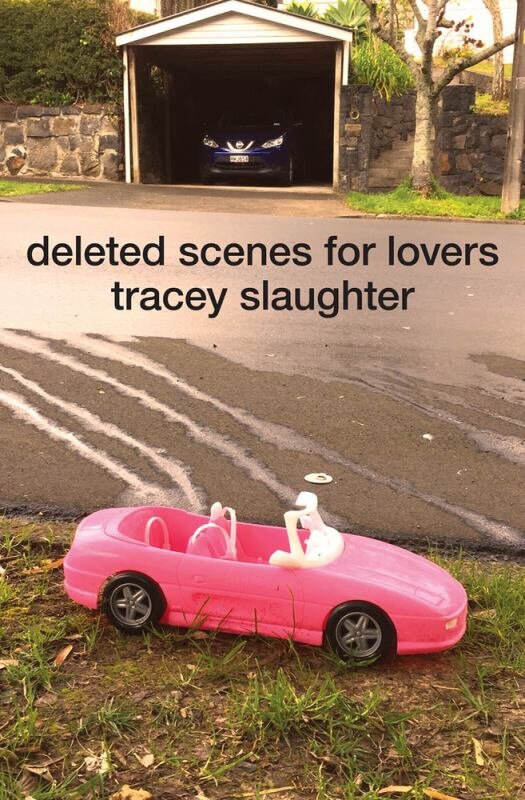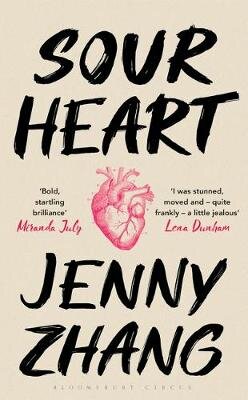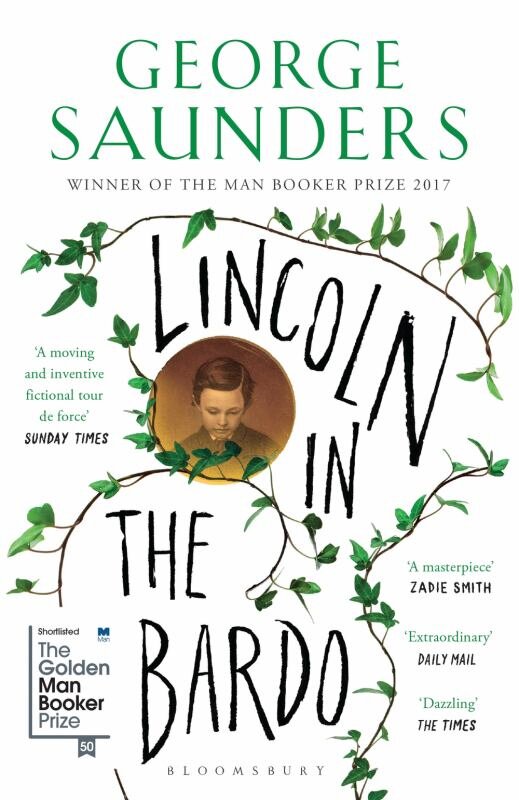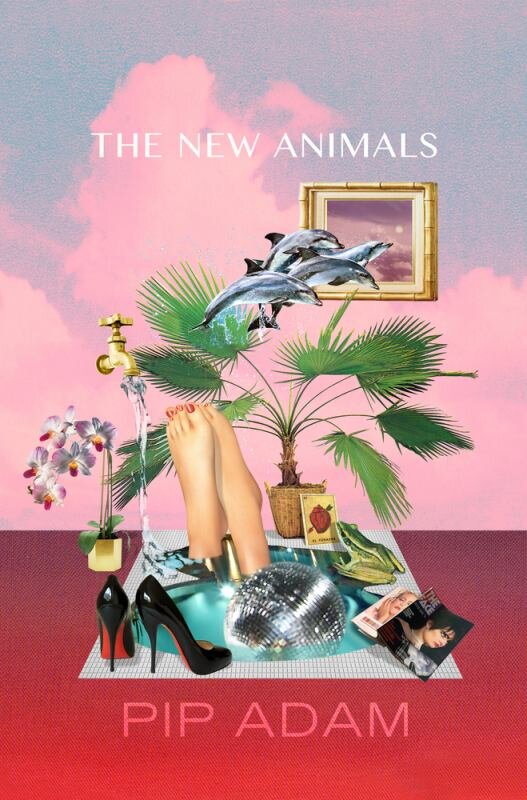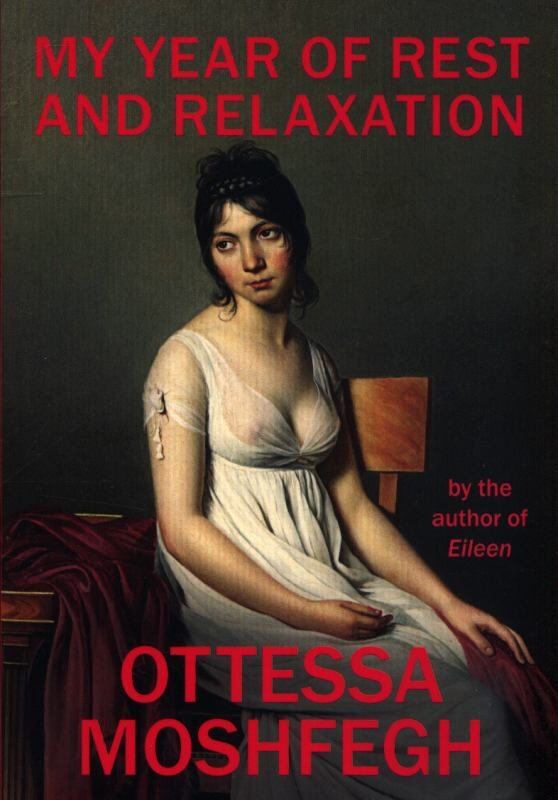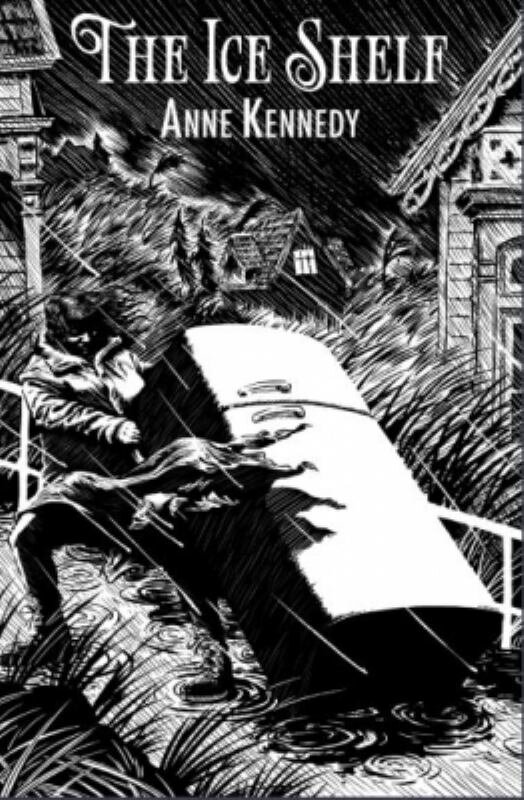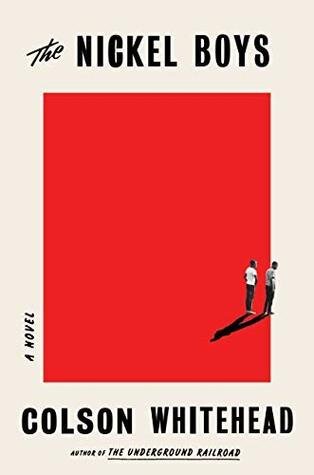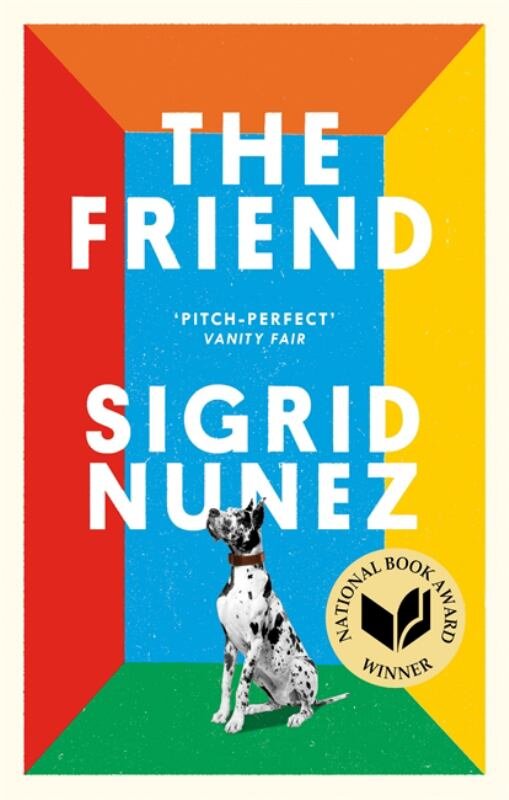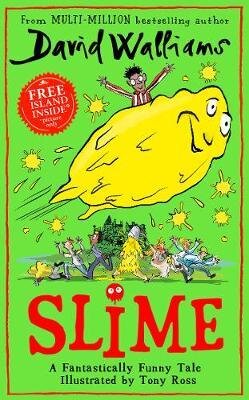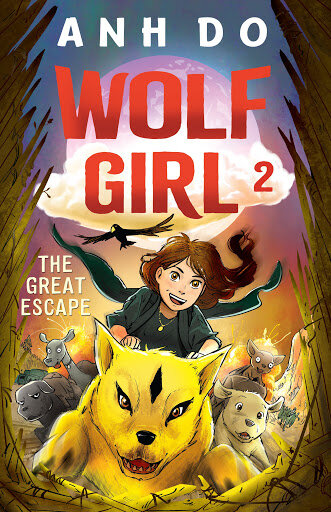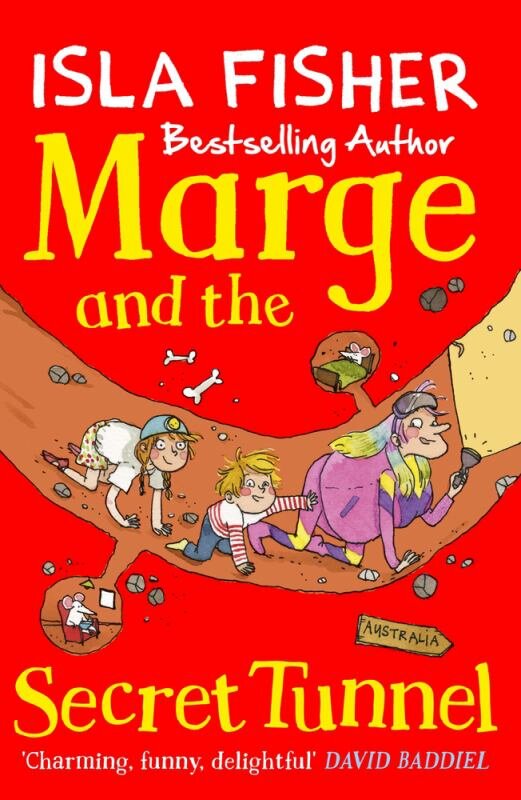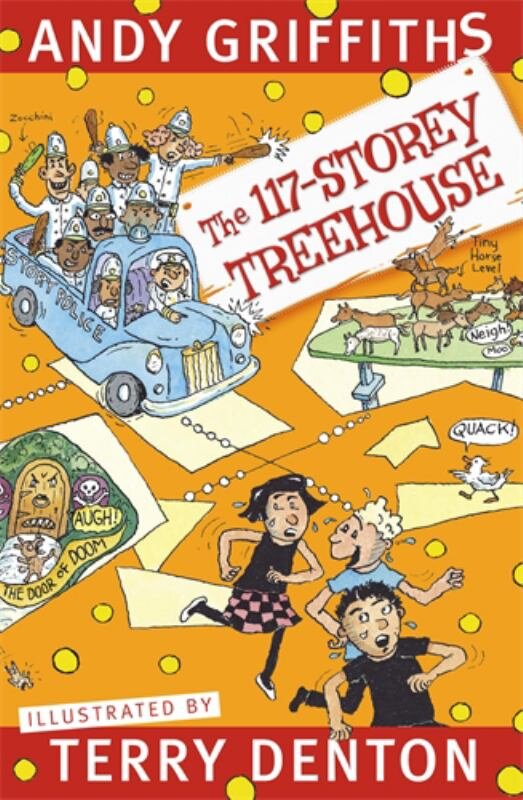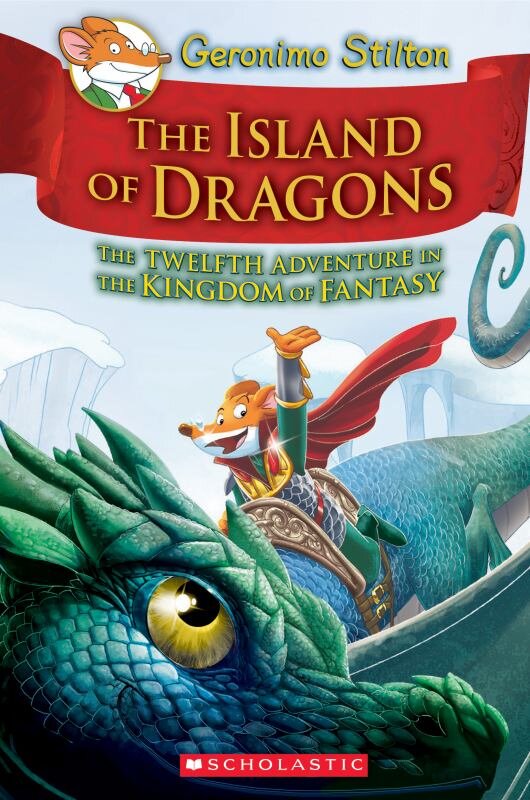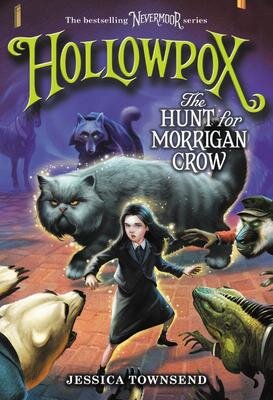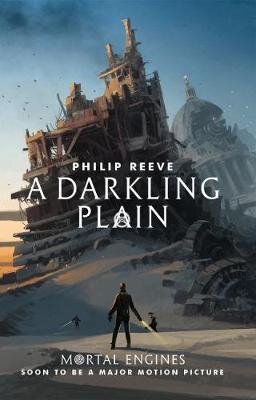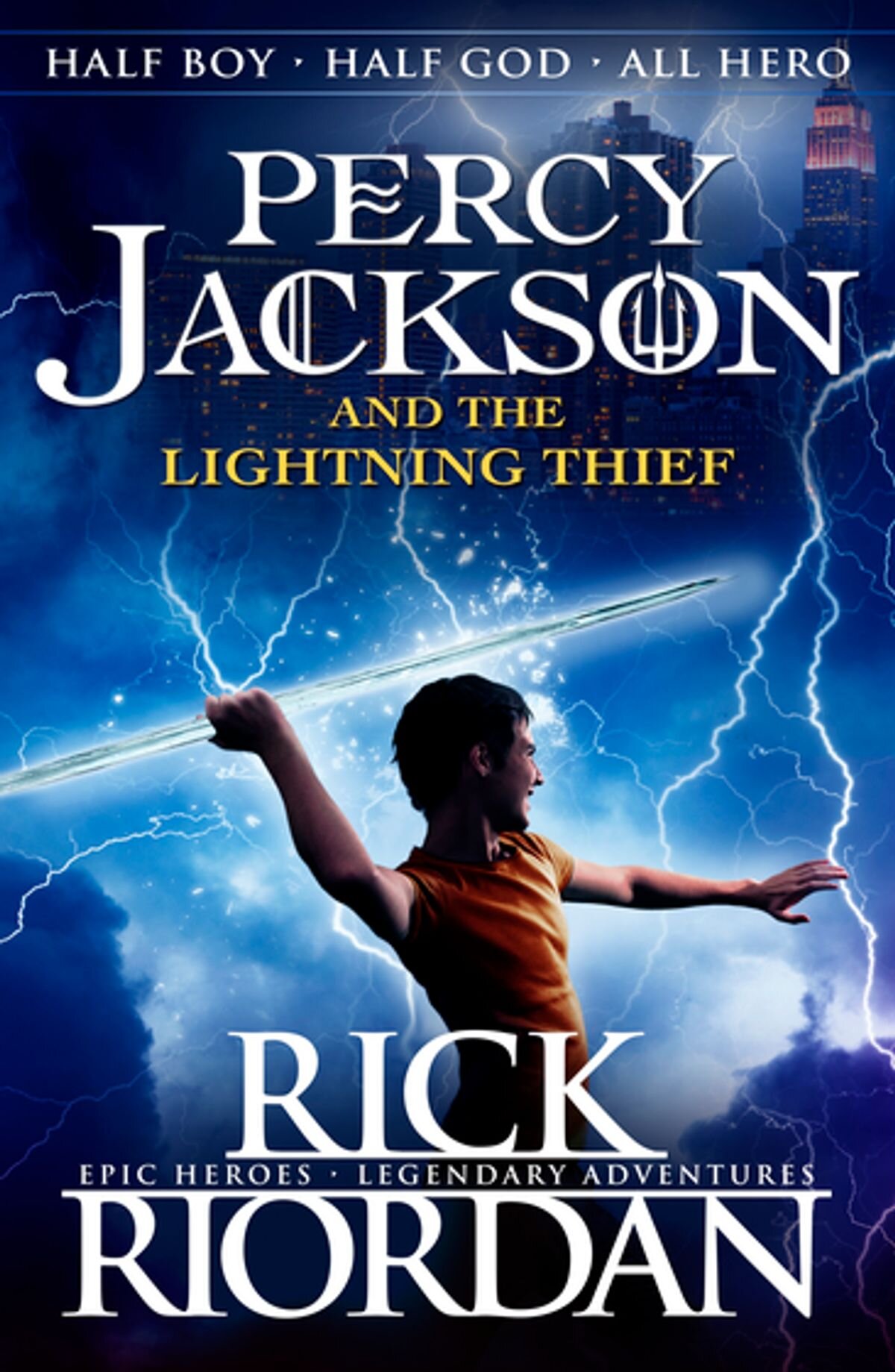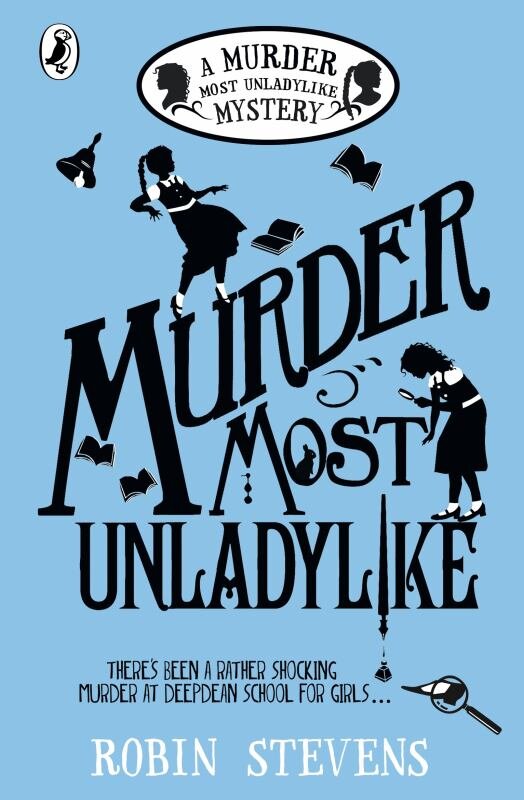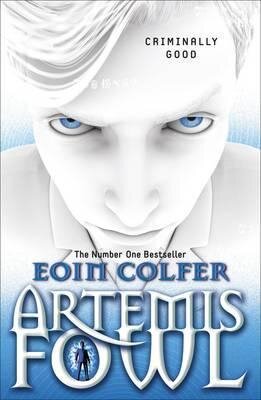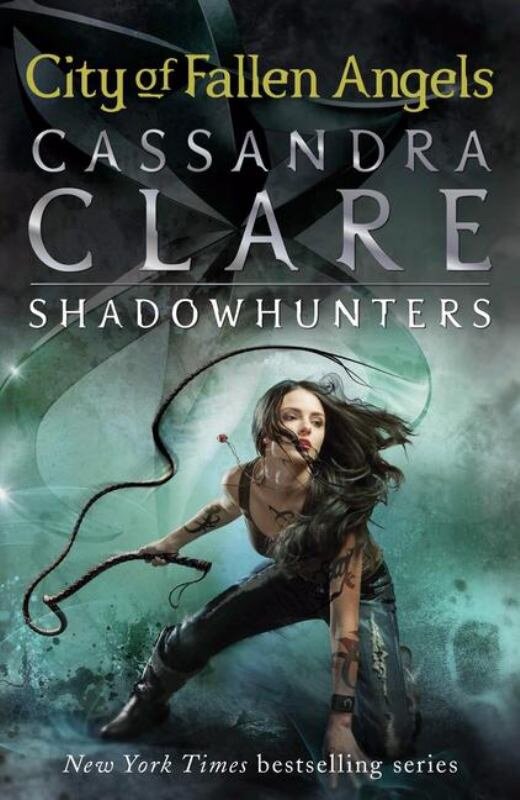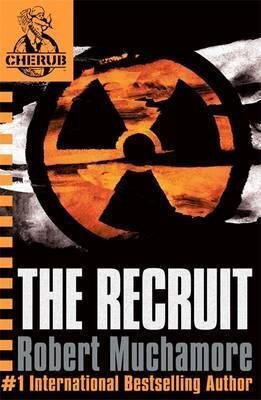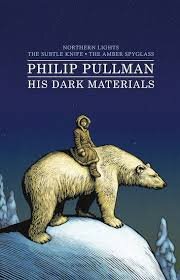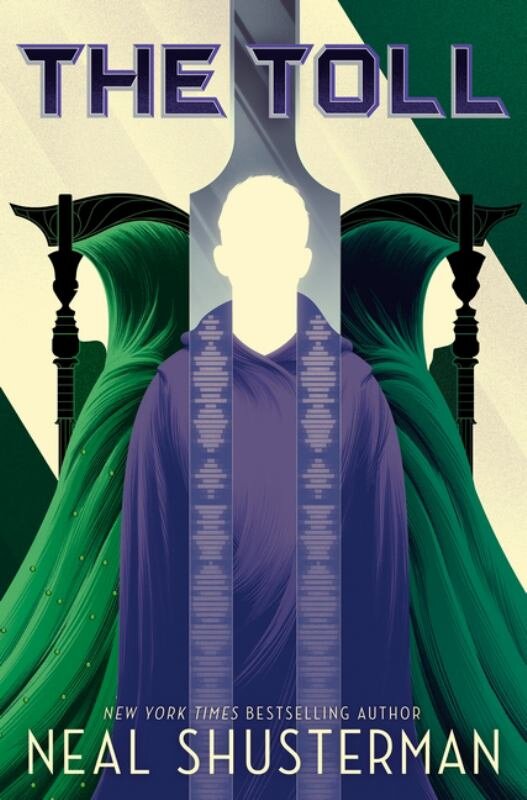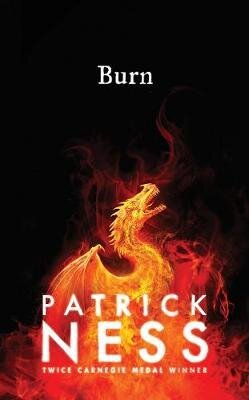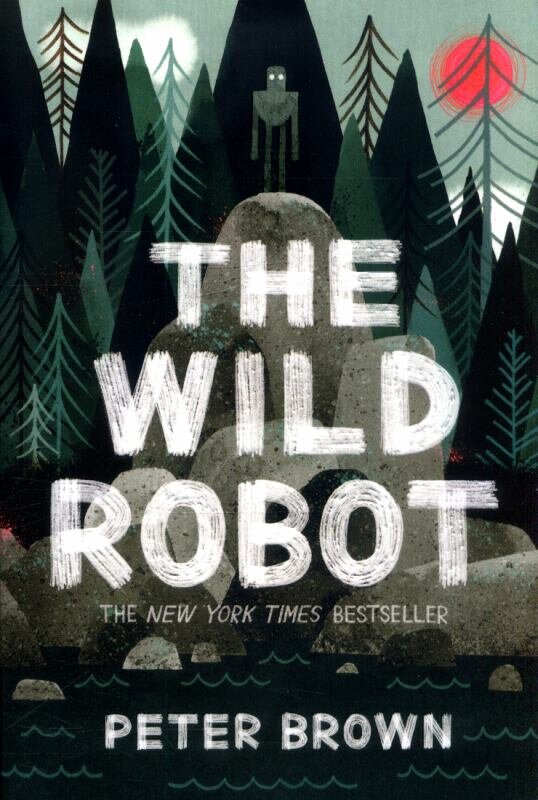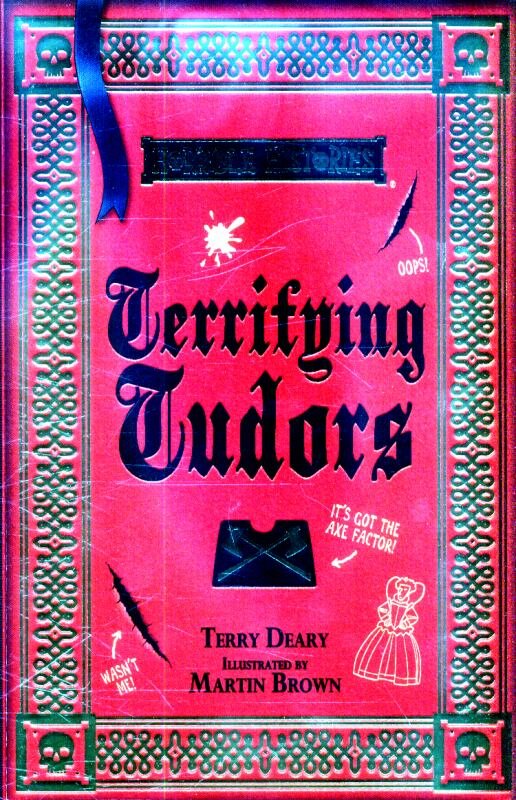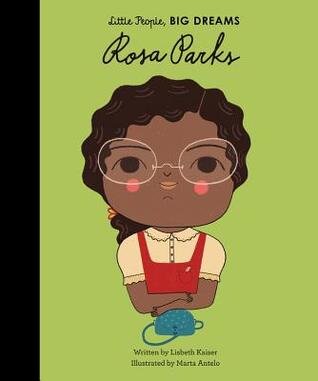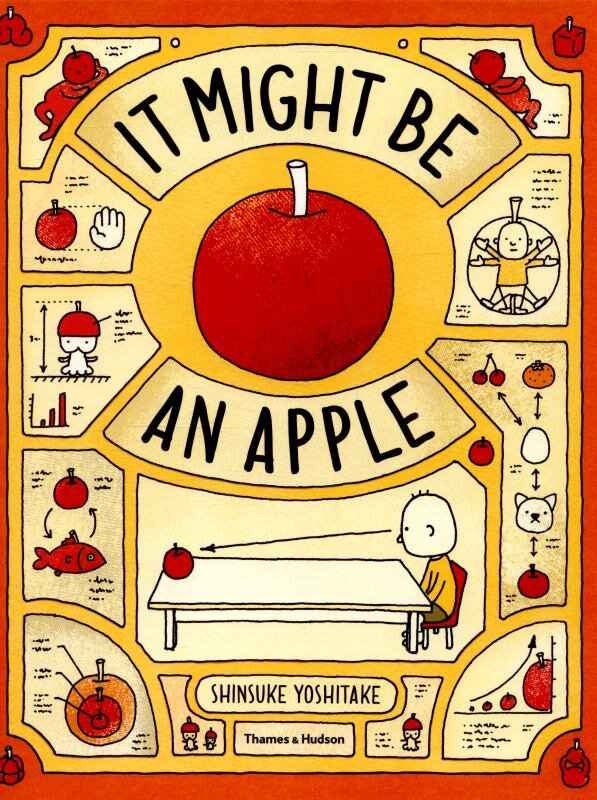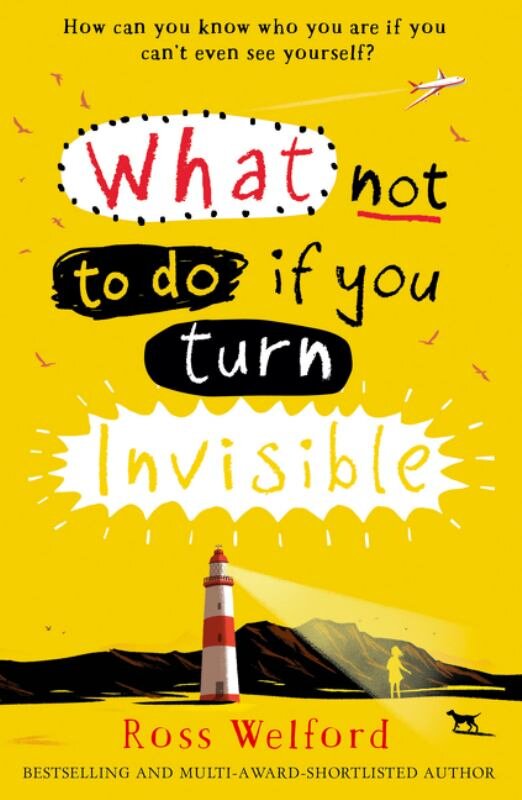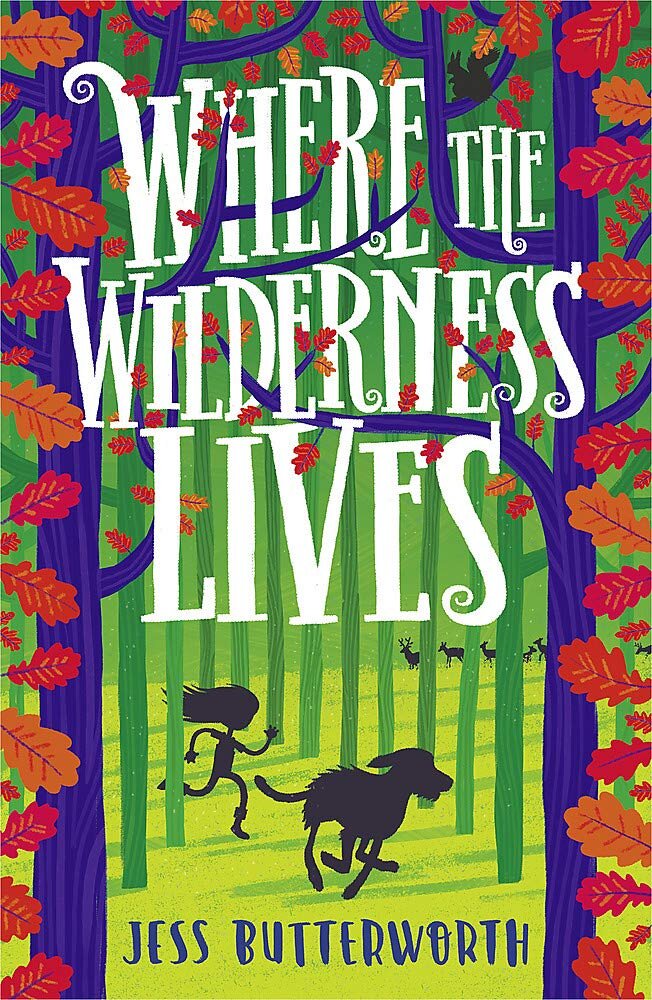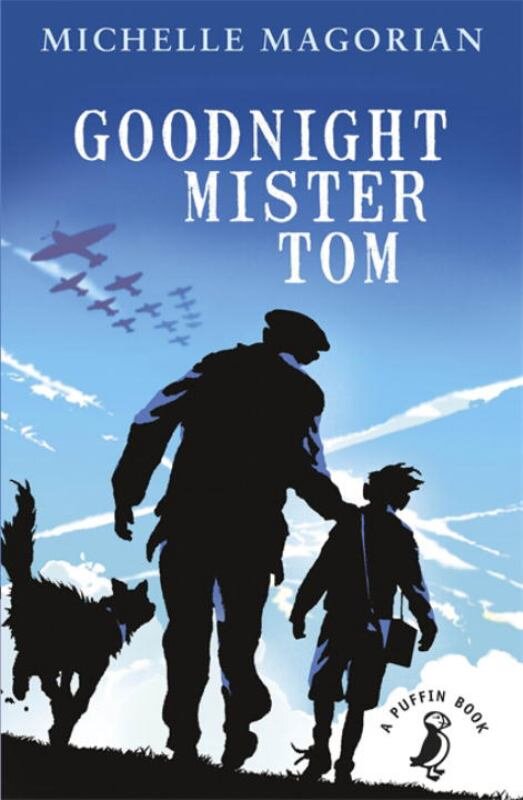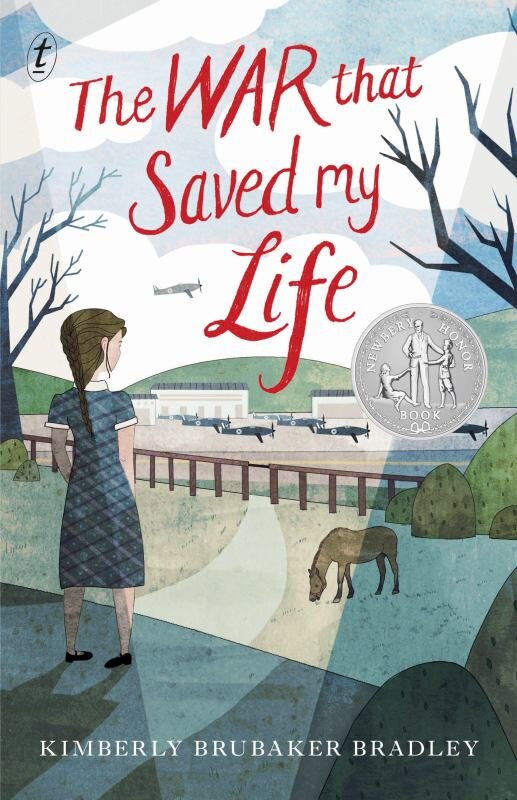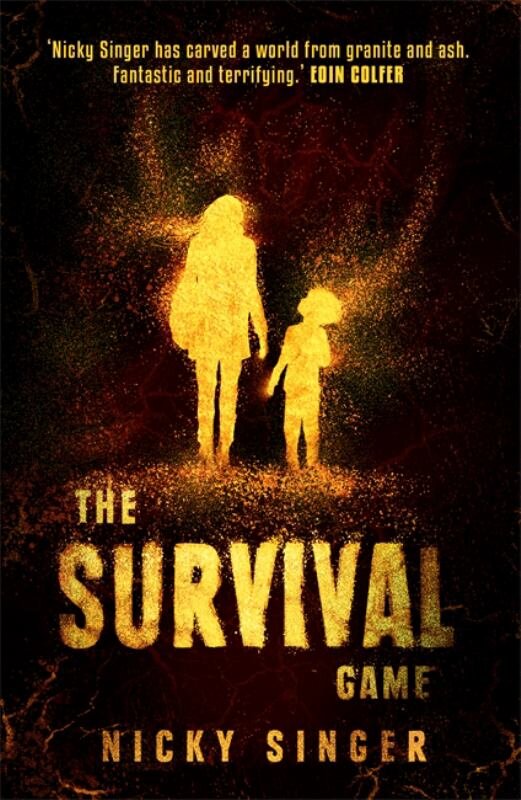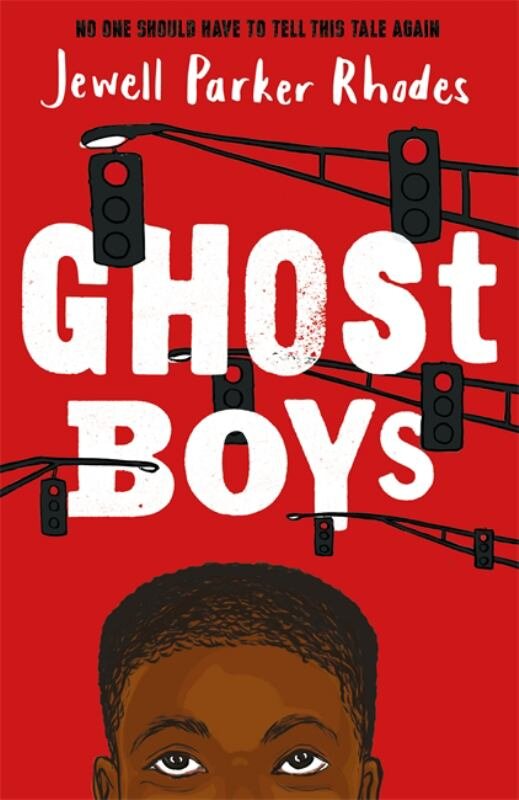What was in your lockdown bookstack?
I read Bernadine Evaristo's Girl, Woman, Other. I re-read 'patches' of Renee's memoir These Two Hands, and re-read Janet Frames' Owls Do Cry. I read poems and prose in Sport 47 edited by Tayi Tibble. I listen to Zadie Smith on Youtube lots too, then read any of her essays I could find online. Every Saturday I read Newsroom's new short story.
What book is your comfort read/re-read and why?
Women who Run with the Wolves, by Clarissa Pinkola Estes. I like to reread parts of Witi Ihimaera's Tangi and parts of The God of Small Things by Arundhati Roy. Tangi and The God of Small Things are both books to pick up and flick to a page and reread because they are poetic, as is Frame's Owls Do Cry.
Women who Run with the Wolves is to me, mostly about creativity. It's deep and yum and honours storytelling and makes me want to write.
I have ordered myself a wee stack of books from my main book squeeze. Order includes Hemi Kelly's A Māori Phrase a Day and Hurricane Season by Fernanda Melchor and Ice Monster by David Walliams for my 11-year-old girl who loves reading too.
What was the last book that really moved you, and why?
Janet Frames' Owls Do Cry. I love the feeling that I am moving around in other human's minds, not being held out, allowed into the strange landscape that is the human psyche. Frame makes these allowances like few other writers can.
What are you working on next, Becky?
I've started writing about this character, a young girl. I have given her a single experience from my childhood to plant a kind of seed.The experience is when I was very young, probably six,I squashed a fly on a windowsill at my house I lived in Birchfield (West Coast). I had been so bored and in my boredom, simply killed this little fly. Small maggots writhed out of it and I was stunned by them. (Mistrusting this memory, because I believed flies laid eggs I googled it and found flies can lay eggs or have live maggots in their bellies).
Anyway, I recall sitting there watching the maggots and looking at the dead fly and feeling like I had done something enormously bad.
Probably months later - I can't be sure - I was watching a nature show on TV and it was about termites, and when I saw the termites I was consumed by guilt because I thought they might have been the things that came out of the fly's belly and on the TV the termites were turning wood to dust and I thought 'Oh no - the termites will be eating our house too and then it will fall down and we will all die and it will be all my fault.'
So I have given this character this story, this grain of worry, guilt, and I just want to see what happens, what the worry forces her to think, feel, do and how it shapes her. Also I just find it interesting how children perceive the world, and I think this personal experience is a good example. Who knows, it'll probably come to nothing...
More about the Ockham New Zealand Book Awards here
